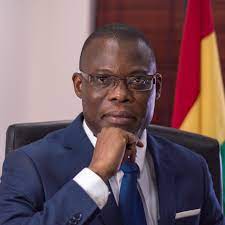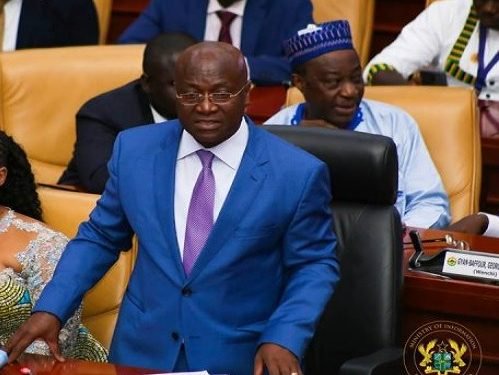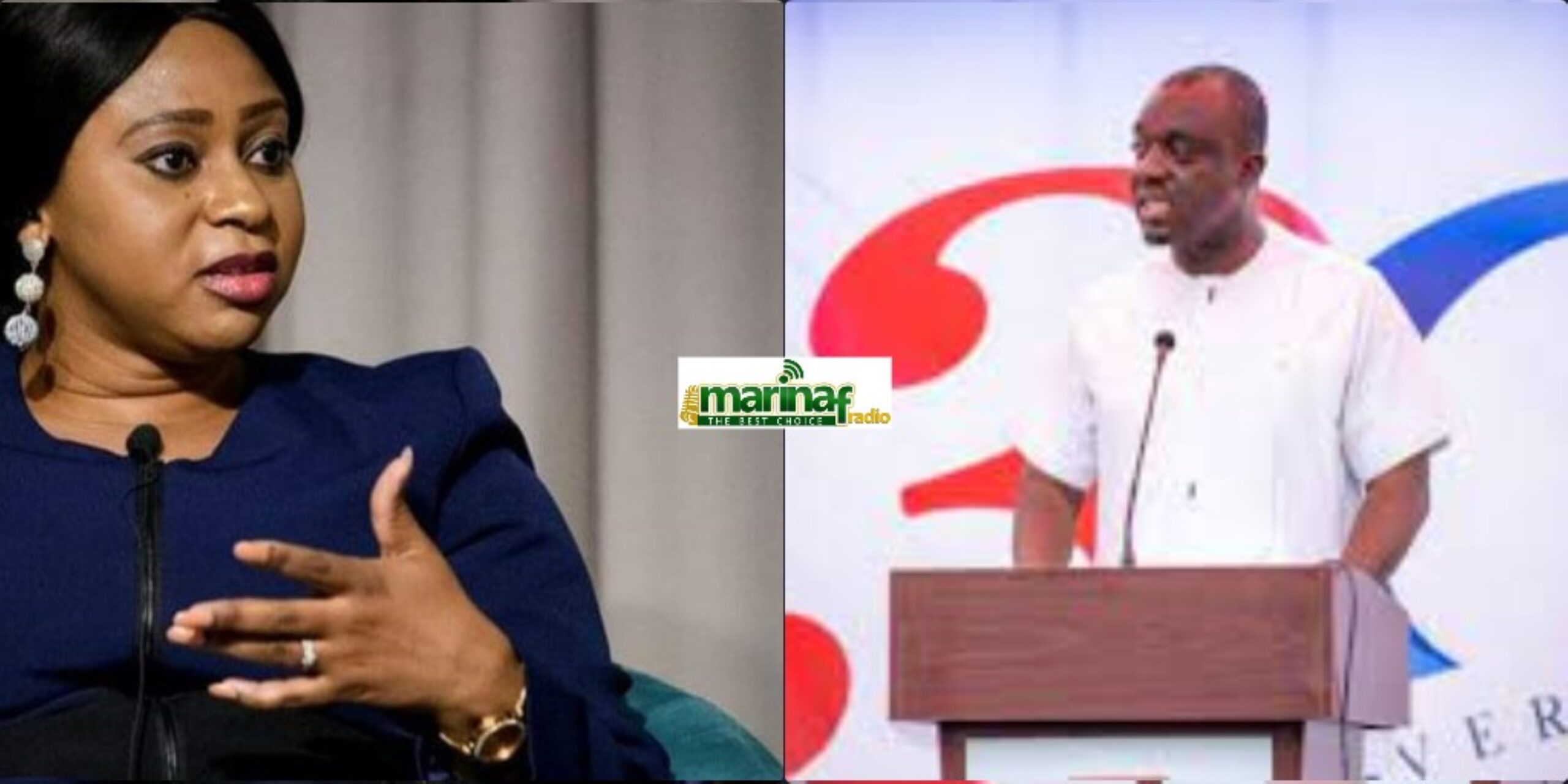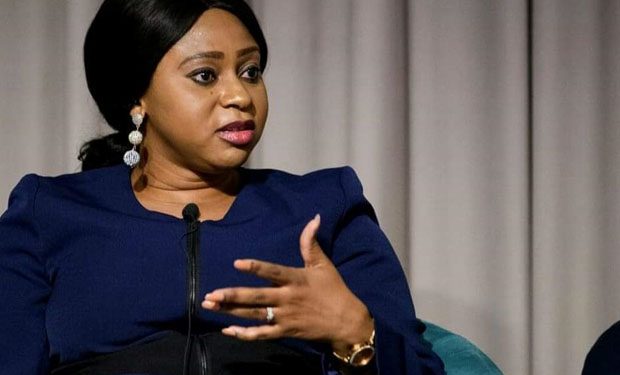
Ghana, a nation celebrated for its rich cultural diversity and historical significance, is grappling with a disturbing trend in its political landscape.
Recent statements by key figures within the National Democratic Congress (NDC) have raised concerns about a divisive approach to campaigning that has the potential to erode national cohesion.
The politicisation of ethnic and tribal differences not only jeopardises the social fabric of Ghanaian society but also obstructs the pursuit of genuine democratic ideals.
The recent remarks by Fiifi Kwetey, General Secretary of the NDC, have sparked apprehension among Ghanaians who prioritise unity over divisive politics. Kwetey’s suggestion that Ghanaians should align their political affiliations with ethnic considerations, such as Ashantis versus Ewes, is regressive and inconsistent with the principles of a democratic society.
This rhetoric, made during a two-day tour with former President Mahama in the Volta Region, raises concerns about current political strategies and reflects historical patterns within the NDC, where divisive campaigns have unfortunately become a recurrent theme.
In the lead-up to the 2016 elections, then-President John Dramani Mahama employed similar divisive tactics by insinuating that the NPP harbours animosity towards Northerners. Moreover, the former President reportedly utilised derogatory language, referring to members of the NPP-led government as “Akyem Sakawa Boys.” These instances illustrate the lengths to which some politicians are willing to pursue political leverage, disregarding the potential damage to national unity.
By fuelling ethnic tensions and overshadowing political discourse with tribal affiliations, these actions hinder constructive engagement in substantive policy discussions.
This pattern of resorting to divisive strategies raises legitimate concerns about whether these politicians deliberately avoid addressing essential issues.
The emphasis on tribal loyalties and ethnic differences suggests a lack of confidence in their ability to communicate meaningful policies and credible achievements to the electorate.
Ghana’s strength lies in its unity, diversity, and shared national identity. Tribal and ethnic politics have no place in a modern, democratic society. Political leaders must prioritise unity and encourage citizens to engage in constructive conversations centred around ideas, policies, and achievements rather than resorting to divisive tactics.
Source: thenewcrusadingguideonline.com




